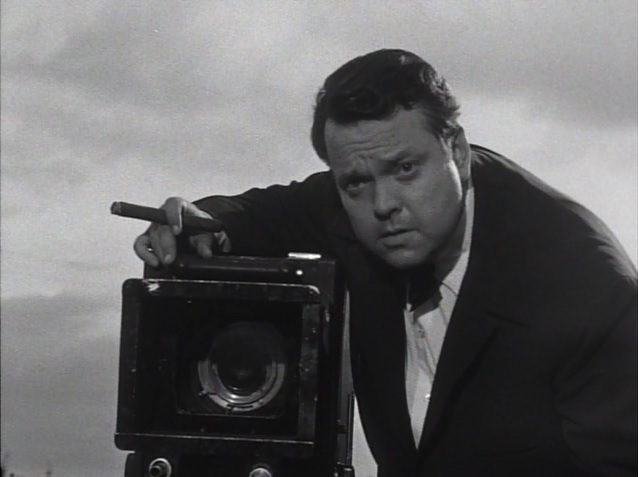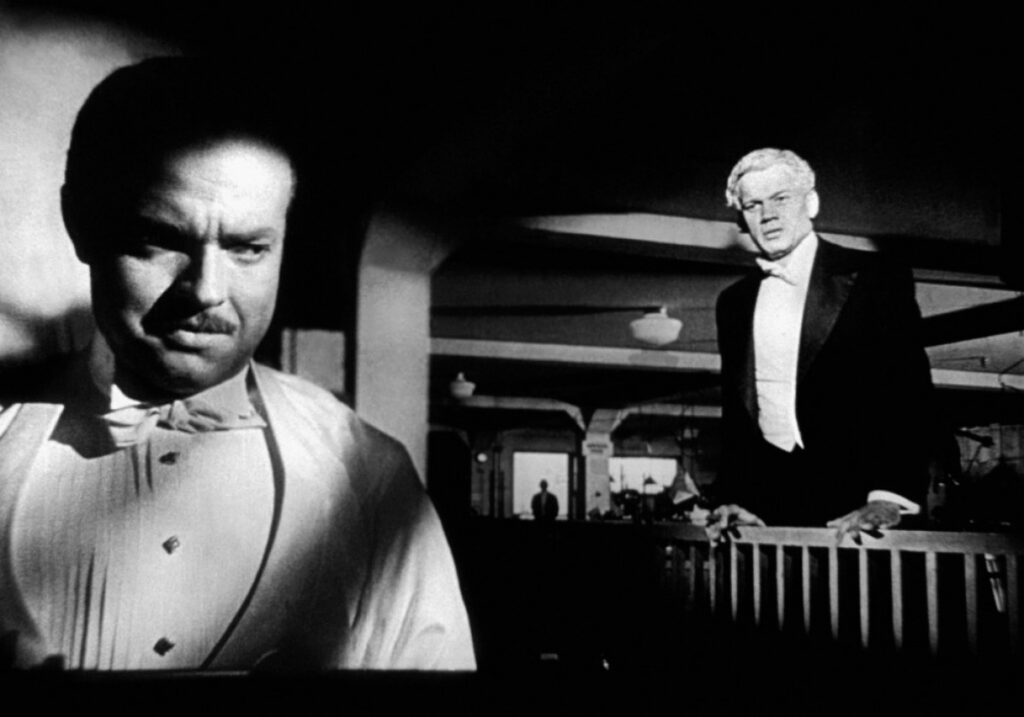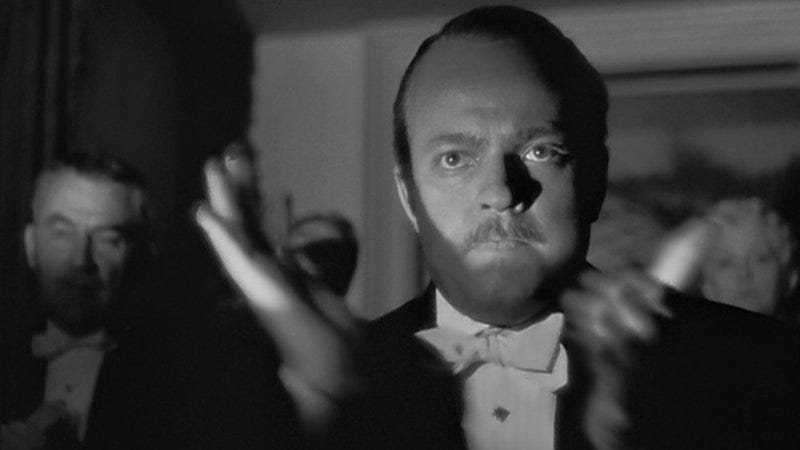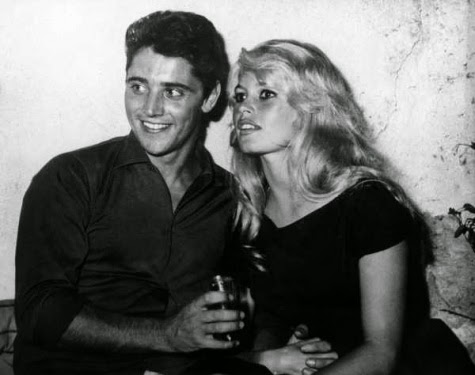The Enigmatic Genius of Orson Welles
Orson Welles is a name synonymous with innovation and brilliance in the world of cinema. Renowned as an actor, director, producer, and writer, Welles left an indelible mark on the film industry, captivating audiences with his creativity and unique storytelling approach. Let’s explore the life, work, and legacy of this multifaceted artist.

A Prodigy in the Making
Born on May 6, 1915, in Kenosha, Wisconsin, Orson Welles exhibited prodigious talent from a young age. By the age of 16, he had already made a name for himself in theater, showcasing his skills as an actor and director. His ambitious spirit led him to New York City, where he became a significant figure in the world of radio and theater.
Welles’s most famous work, the groundbreaking 1938 radio adaptation of H.G. Wells’s “The War of the Worlds,” not only terrified listeners but also solidified his reputation as a master of suspense and drama. The broadcast’s realism sparked nationwide panic, demonstrating Welles’s remarkable ability to engage and manipulate an audience.
Citizen Kane: A Cinematic Masterpiece
In 1941, Welles released his directorial debut, “Citizen Kane,” which is widely regarded as one of the greatest films of all time. The film tells the story of Charles Foster Kane, a media mogul whose life mirrors Welles’s own in many ways. With innovative narrative techniques, deep character development, and groundbreaking cinematography, Welles revolutionized the way stories were told on screen.

The Man Behind the Camera
Welles’s career was marked by both triumphs and challenges. Despite his early success, he faced numerous obstacles in Hollywood due to his unconventional approach and refusal to conform to studio norms. This led him to work on various projects, some of which struggled to find funding or distribution.
Throughout his life, Welles continued to create impactful films, including “The Magnificent Ambersons,” “Touch of Evil,” and “F for Fake.” His work often explored themes of power, identity, and the nature of truth, leaving audiences questioning the very fabric of reality.
A Lasting Influence
Orson Welles’s influence extends far beyond his own films. His innovative techniques, such as deep focus and non-linear storytelling, have inspired countless filmmakers and remain relevant in contemporary cinema. His ability to blend theatricality with film has paved the way for new generations of artists to explore the boundaries of storytelling.
Conclusion
Orson Welles was a true pioneer whose contributions to film and theater have shaped the artistic landscape of the 20th century and beyond. His legacy as a visionary director and compelling actor continues to inspire and challenge filmmakers today. As we celebrate his life and work, we are reminded of the power of creativity and the importance of pushing artistic boundaries.






